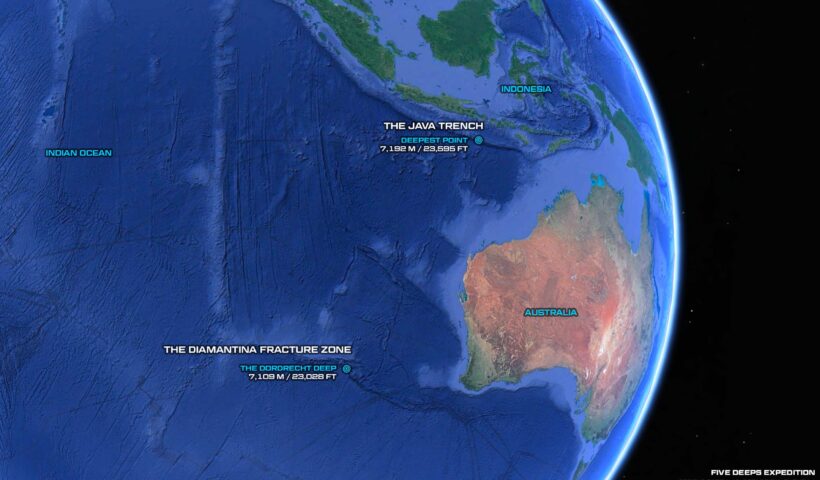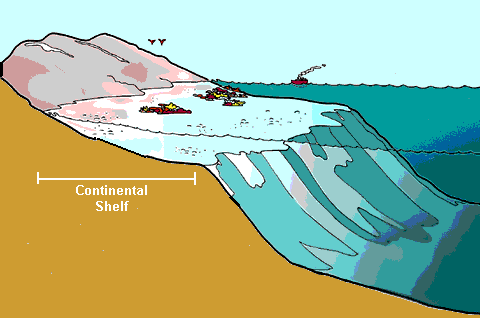Economic Factors as a RELEVANT CIRCUMSTANCES in delimitation process in law of the sea and customary international law, Cameroon/Nigeria case, common deposit clause, continental shelf, Economic Factors, Eritrea/Yemen Arbitration, Greenland/Jan Mayen case, Gulf of Maine judgment, maritime delimitation, mineral deposit clause, natural resources
View More Economic Factors as a RELEVANT CIRCUMSTANCES in delimitation process in law of the sea and customary international lawTag: natural resources
depth area on the high seas(sea-bed and ocean floor), legal aspects in law of the sea and customary international law
The exploration and exploitation of natural resources in the deep seabed is a new subject in the law of the sea. At the end of the nineteenth century, polymetallic nodules were discovered in the Arctic Ocean off Siberia. During the 1872 1877 scientific expedition of HMS Challenger, they were found to occur in most oceans of the world. Polymetallic nodules, which were also called manganese nodules, are small brown-black balls, usually between 1 and 20 centimetres in diameter. In the 1950s, attention was drawn to the economic significance of the nodules. During the International Geophysical Year of 1957–1958, polymetallic nodules were collected on the Tuamotu plateau approximately 370 kilometres east of Tahiti at a depth of some 900 metres. These nodules proved to contain commercially valuable minerals, such as nickel, copper and cobalt. Thus the exploration and exploitation of polymetallic nodules have attracted growing attention. As noted, the management of the deep seabed resources gave an impetus to convene UNCLOS III. The LOSC devotes Part XI to the regime governing the Area. depth area on the high seas(sea-bed and ocean floor), legal aspects in law of the sea and customary international law, Arvid Pardo, Common Heritage of Mankind, continental shelf, depth area on the high seas, natural resources, New International Economic Order, sea-bed and ocean floor, subsoil
View More depth area on the high seas(sea-bed and ocean floor), legal aspects in law of the sea and customary international lawThe Sovereign Rights of the Coastal State Over the Continental Shelf in law of the sea and customary international law
The coastal State exercises sovereign rights over the continental shelf for the purpose of exploring and exploiting its natural resources in accordance with Article 77(1). The principal features of sovereign rights can be summarised in six points:…The Sovereign Rights of the Coastal State Over the Continental Shelf in law of the sea and customary international law, coastal State, continental shelf, EEZ, inherent rights, LOSC, natural resources, non-living resources, Non-natural resources, Sovereign Rights
View More The Sovereign Rights of the Coastal State Over the Continental Shelf in law of the sea and customary international law


